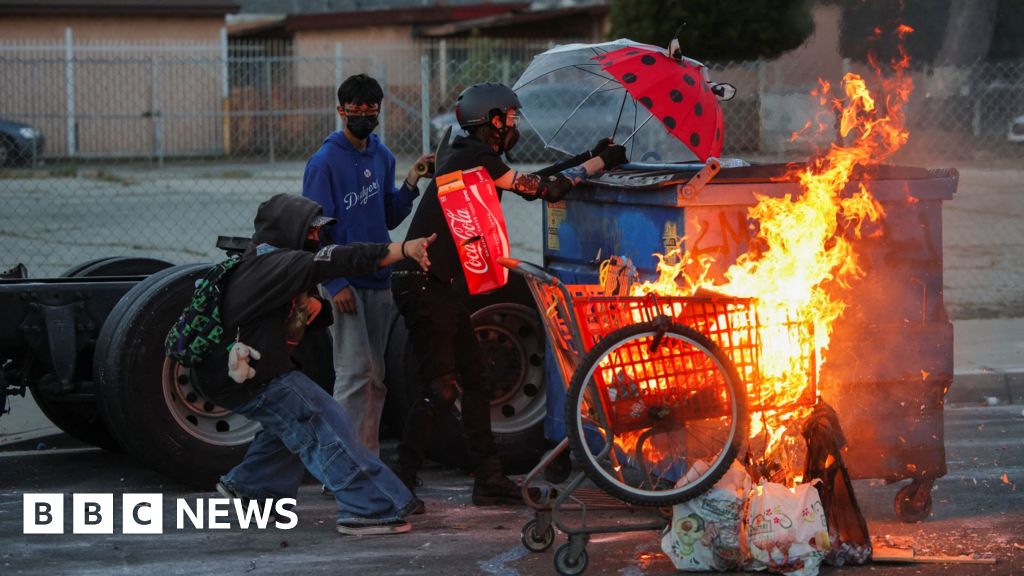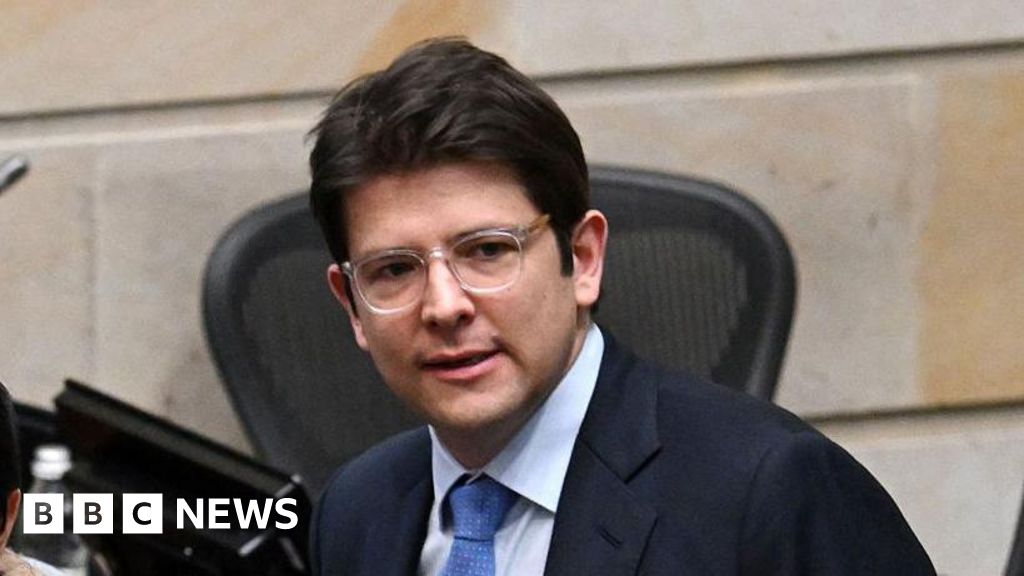ARTICLE AD BOX
By David Shukman
Science editor
The people of Gabura in Bangladesh are having everything that's most threatening about climate change thrown at them.
Storms keep wrecking their coastal defences, and rising sea levels are pushing salty seawater into their wells and fields.
Bangladesh is one of the countries hit hardest by extreme weather, and this vulnerable community is enduring exactly the kind of future that the COP26 climate conference in Glasgow is trying to avoid.
It's also experiencing the painful reality of a key issue at the talks - how a promise of financial help for the poorest nations remains unfulfilled after 12 long years.
And the story of one woman, Shorbanu Khatun, represents all that's proved least effective about international efforts to tackle climate change so far.
I met her in 2009 when Gabura was still reeling from the aftermath of a cyclone that had left the village totally exposed to the waves. She and her four children were living in a makeshift shelter perched on a high narrow ridge, the only safe ground for about 5,000 people.
At every high tide, seawater poured through gaps in a series of earth embankments meant to hold back the sea. Whenever they could, the men of the village formed human chains to pass along handfuls of mud to fill the holes - mud was all they had, and it never really did the job.
To highlight the plight of the village - and the needs of all developing countries suffering from climate change - Oxfam offered Shorbanu the chance to make her case on a global stage.
She made the long journey to Denmark in December 2009 to the COP15 climate conference, the equivalent of the meeting under way in Glasgow now.
When I saw her there, I asked what she made of the giant event - it was given the optimistic billing of "Hopenhagen".
"It's good to be with all these big people," she told me, and she seemed upbeat about the chances of them listening.
And as it happens, while Shorbanu was in Copenhagen, the richest nations made a promise to the poorest countries - that by 2020 they would give them $100bn a year to deal with the impacts of climate change.
Image source, AFP
Image caption, Villagers walk along a makeshift bridge where the embankment had been washed awayAt the time, this was seen as a breakthrough offer because it signalled to developing nations that their needs and losses were being taken seriously.
But 12 years later, that target has not been met and, as things stand, it won't be until 2023.
So what does this mean for Shorbanu and the people of Gabura?
A trickle of aid has reached them, but not remotely on the scale promised in Copenhagen, and much of the assistance that has got through was raised within Bangladesh.
It has paid for sandbags to reinforce some of the mud embankments, though the biggest storms still break through.
A new school has been built and, when cyclones strike, the concrete structure serves as a storm shelter.
But all the time the rise of the sea, millimetre by millimetre, fuelled by the melting of the distant polar ice, contaminates local wells and keeps reducing supplies of drinking water.
"There is water everywhere around us," Shorbanu says, "but it doesn't have any use. We have a serious crisis."
Image source, AFP
Image caption, Villagers queue for drinking water at Gabura.The nearest safe source is more than a mile away, at a solar-powered desalination plant built by the charity Oxfam, but reaching it involves walking in punishing heat and then carrying a heavy container back again, every day.
Many people try to rely on water that's closer at hand, but find it causes skin diseases because of the high salt content and - for women in particular - washing in dirty water increases the likelihood of infections.
Researchers are also investigating whether an increase in the amount of salt that women are drinking could explain the relatively high number of miscarriages in the region.
Shorbanu, now aged 44, sounds more worried and desperate than ever.
"We have no idea what we can do," she says. "If people help us, then something can change.
"We don't have the money to move to other places. I have nothing that I can give to my children."
One of her sons now has a job on a shrimp farm. It's a growing industry as fields are turned into ponds, but it creates shortages of locally grown food, exacerbating problems of malnutrition.
What does Shorbanu most want from anyone who might read her story, especially the leaders deciding the outcome of the talks in Glasgow?
She wants a strong embankment, which will not be destroyed so easily, and easy access to drinking water.
But most of all, she says, she wants action: "We have suffered a lot - we do not want our children and grandchildren to suffer more."
David Shukman has been reporting on climate change for nearly 20 years. This is his 10th COP summit.

 3 years ago
62
3 years ago
62








 English (US) ·
English (US) ·